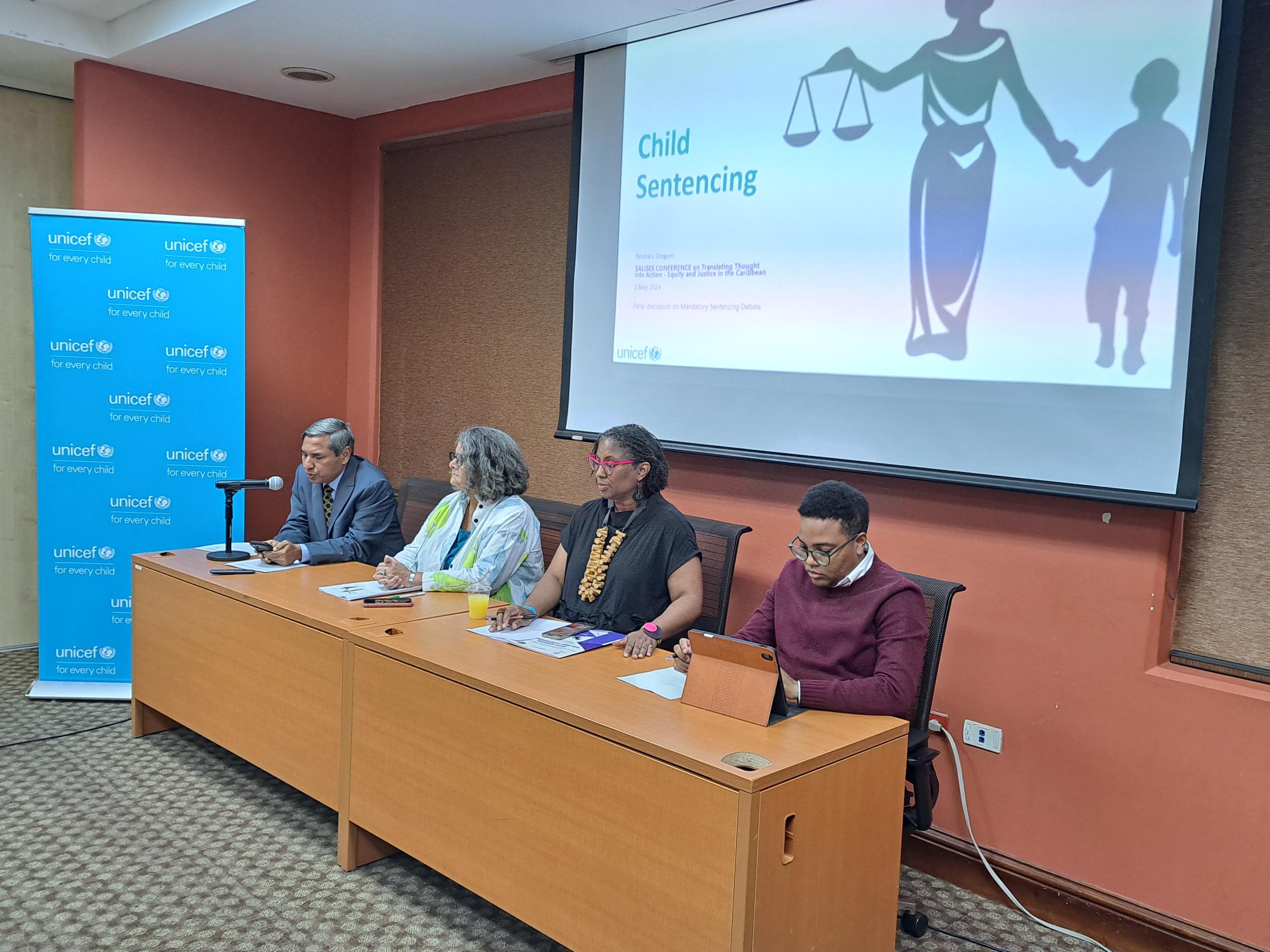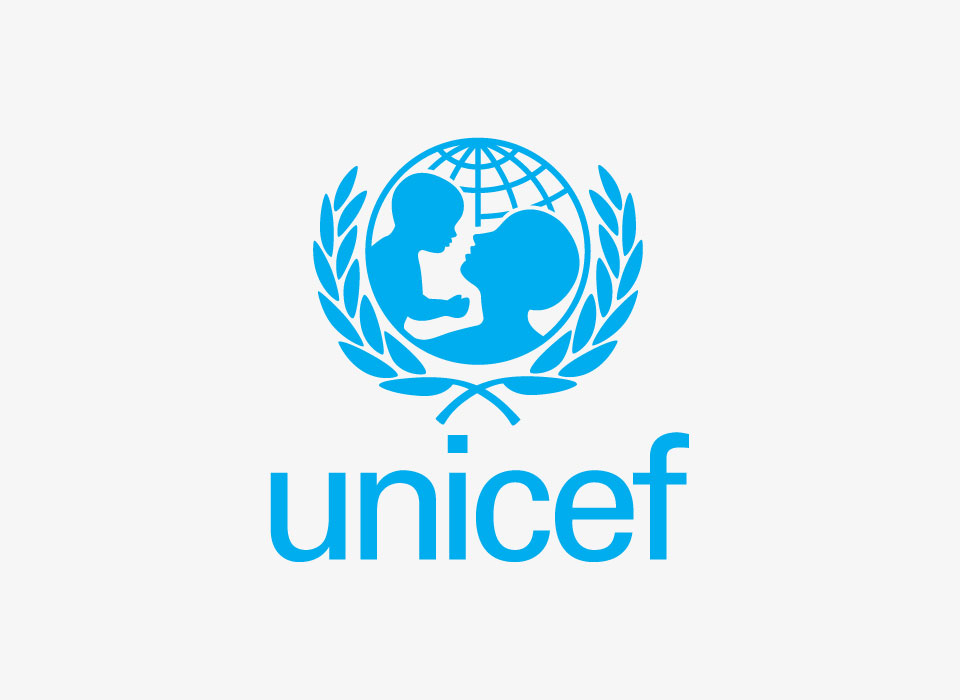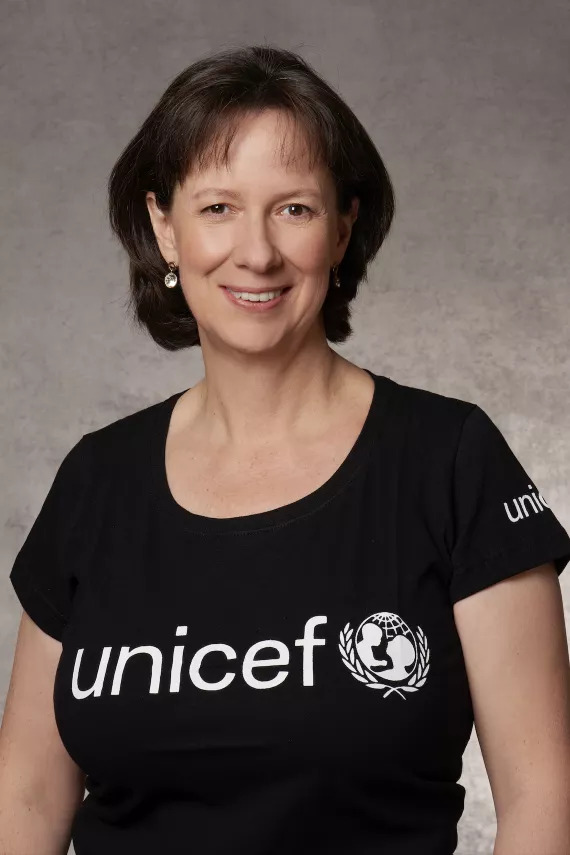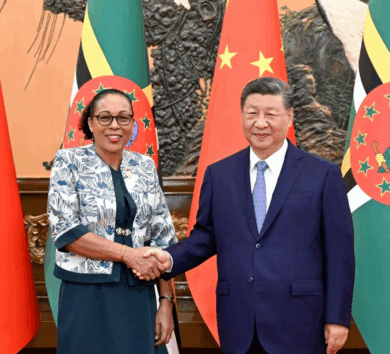

Kendra Gregson, UNICEF regional advisor, child protection says a child in conflict with the law has access to all rights as any child, based on Jamaica’s adoption of the Convention on the Rights of the Child (CRC), including access to justice and care.
Children in conflict with the law, refers to anyone under 18 who is alleged or accused of, or recognised as having infringed the penal law.
Gregson who was speaking at the 25th Annual SALISES Conference at the University of the West Indies, Regional Headquarters on May 3 on the global approach to children and sentencing.
The subject of the discussion was titled: Translating thought into action: Towards Decolonial Equity and Justice in the Caribbean.

“Children have a right to access to justice,” she noted. This means that “children have a voice” and should be given the ability to seek and obtain a just, equitable, and timely remedy for violations of rights and requires the legal empowerment of children. Children have a right to be recognized before the law, to a fair trial including equal access to courts and equality before the law.
“I am not naïve here. One of the unfortunate realities in the region is the spread of armed violence, which is the threat of violence and not only homicide but the fear that it will happen.” However, “What do you want to achieve with the sentence?” the regional advisor said.
“I want to propose, we want in the end a person who is productive, exercises their civic responsibility and ensure that the society is safe.” She added that there needs to be a balance between rehabilitation and penalties as there are proven ways to prevent and address armed violence that can be implemented in Jamaica.

Gregson emphasized that there is overwhelming evidence that detention is harmful to children; harmful to their development; harmful to their neurodevelopment and result in high rates of mental health issues among others. “All these are not the results that we want from sentencing,” she said.
As a signatory to the CRC and in particular Article 37, States have accepted that no child shall be subjected to torture or other cruel, inhuman or degrading treatment or punishment.
No child shall be deprived of his or her liberty unlawfully or arbitrarily. The arrest, detention or imprisonment of a child shall be in conformity with the law and shall be used only as a measure of last resort and for the shortest appropriate period of time. “Detention should always be the last resort, yet unfortunately, detention is overused,” Gregson said.

Olga Isaza, UNICEF Jamaica representative said that our objective is to provide evidence to counter the proposed amendments to the Child Care and Protection Act (CCPA) and advocate for a comprehensive review of the legislation to ensure that the rights of children are upheld in keeping with the CRC.
Shannique Bowden, Executive Director, Jamaica Youth Advocacy Network (JYAN), who was another panellist, shared that JYAN made written and oral submissions to the Joint Select Committee.
“While we acknowledge that the Joint Select Committee recognised the benefits of rehabilitation, we find it significant and alarming that they are fully recommending the mandatory minimum sentencing. It is contrary to the state obligation of upholding the rights of children and ensuring their best interest,” she said.







Comments